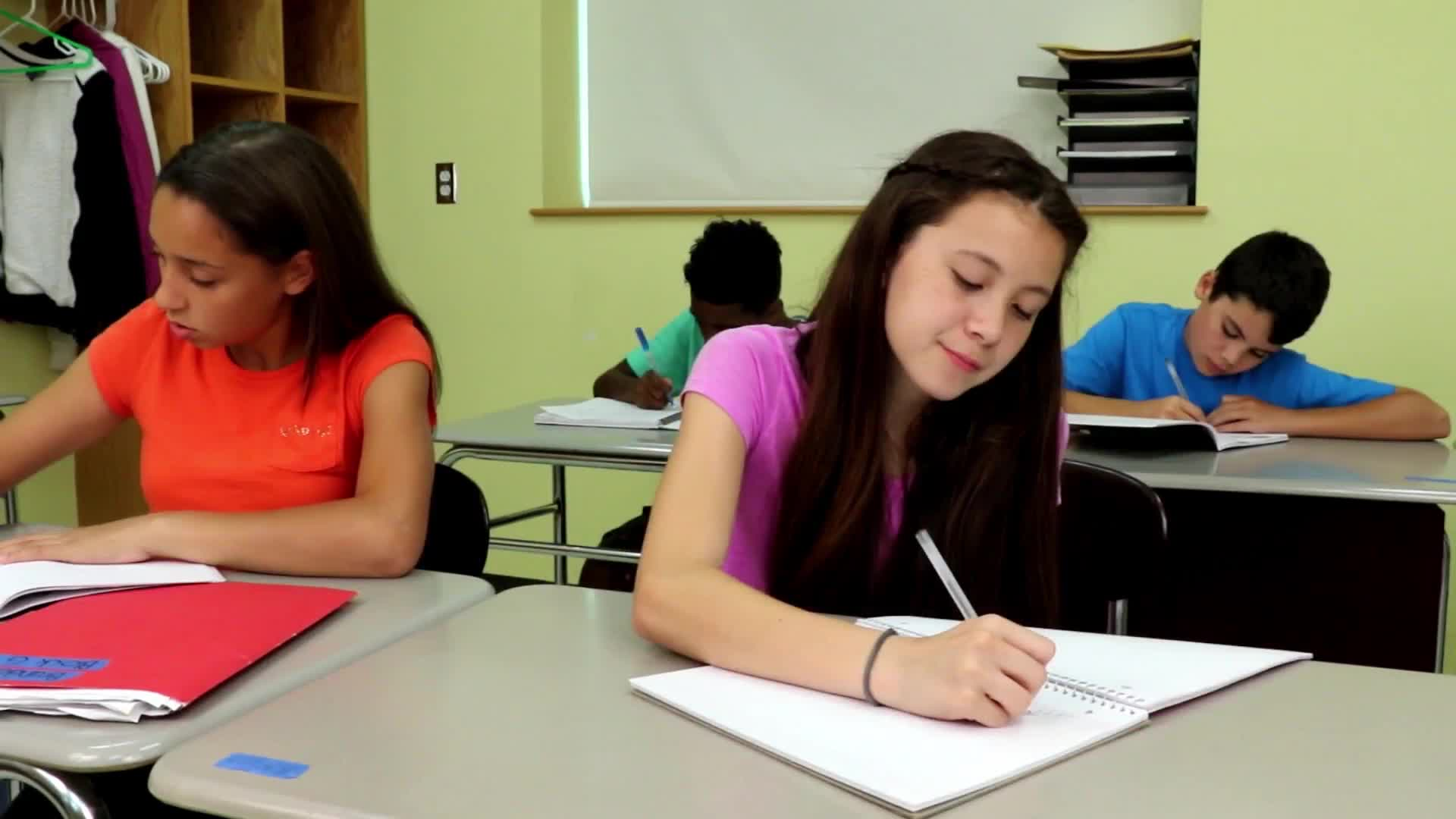Introduction
Every educator knows the challenge of keeping students engaged and occupied, especially in a PreK classroom setting. When students finish their work and feel bored, it can be difficult for them to find appropriate, quiet activities without disrupting others. In this blog post, we will explore strategies and activities that educators can use to help students manage boredom while respecting the learning environment and their classmates. By incorporating principles of Social-Emotional Learning, we will focus on developing students’ self-awareness, self-management, and social awareness skills.
No-Prep Activity: Quiet Time Boredom Busters
This activity encourages students to think of quiet alternatives when they have finished their work and feel bored. It requires no preparation or materials from the educator, making it an ideal option for busy classrooms.
- When a student finishes their work, have them think of a quiet activity they can do without disturbing others. Examples include reading, drawing, or working on a puzzle.
- If the student cannot think of an appropriate activity, the educator can provide a list of suggestions.
- The student should then engage in the chosen activity until it is time to move on to the next task.
By encouraging students to think about how their actions impact others and choose quiet activities, they will develop self-management and social awareness skills. Additionally, this activity promotes a positive classroom environment by minimizing disruptions.
Discussion Questions
Use these questions to stimulate further discussions about managing boredom and respecting the learning environment:
- Why is it important to find quiet activities when we are bored in the classroom?
- How can our actions impact the learning experience of our classmates?
- What are some other quiet activities we can engage in when we feel bored?
- Why is it important to be respectful of the classroom environment and our classmates?
- How can we remember to choose quiet activities when we are feeling bored?
Related Skills
Beyond managing boredom, there are other relevant skills that educators can help students develop in the context of a PreK classroom:
- Active listening: Teaching students to listen attentively to their teacher and classmates promotes a respectful learning environment and helps them absorb new information.
- Collaboration: Encouraging students to work together in small groups or pairs fosters cooperation, communication, and problem-solving skills.
- Self-regulation: Guiding students to recognize and manage their emotions, thoughts, and behaviors will contribute to their overall well-being and success in the classroom.
Next Steps
To further develop your students’ Social-Emotional Learning skills and create a positive classroom environment, sign up for free samples of activities related to managing boredom and other essential skills. By incorporating these activities into your daily routine, you can help your students build a strong foundation for success both in and out of the classroom.






